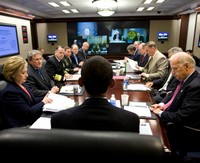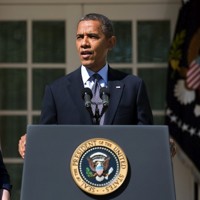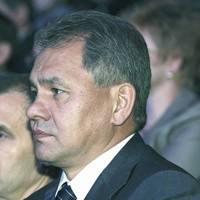
One of the challenges that President Barack Obama faces in his second term is how to salvage his vaunted reset of relations with Russia. An important assumption in Obama’s attempt to jumpstart what had been a rapidly deteriorating bilateral relationship during the second terms of both George W. Bush and Russian President Vladimir Putin was that Obama would be dealing with a younger, more modern, liberalizing Dmitry Medvedev as Russian president. While there was no illusion that Putin, as prime minister, was still an influential figure in Russian politics, the reset was predicated on the hope that Medvedev would, over […]














